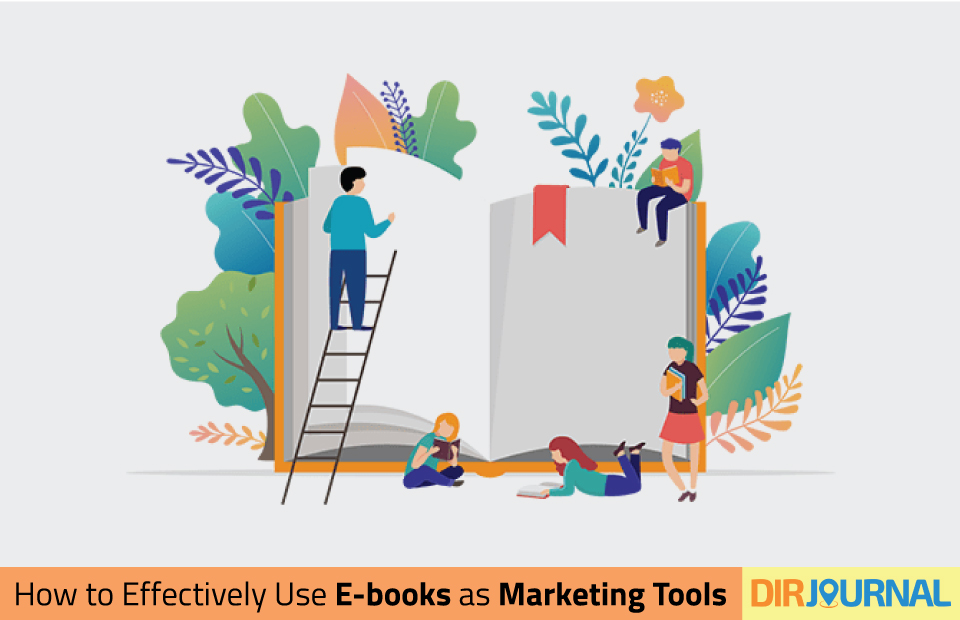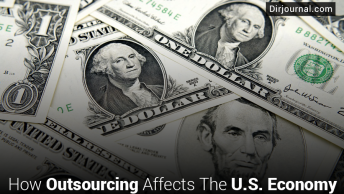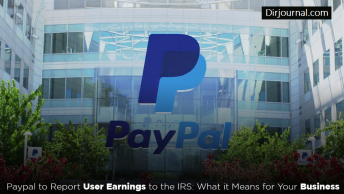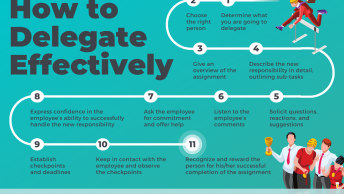Perhaps you’ve thought about writing and selling your own e-books as a new income stream. But did you know that by giving them away (or practically giving them away), you can turn e-books into incredible marketing tools?
Whether you write a completely new e-book from scratch or compile information from your blog or website into a more comprehensive resource, let’s take a look at how you can get marketing benefits from even short e-books and reports.
There is More Than One Way to Market With E-books
When people talk about using e-books as a marketing tool, they often focus on only one potential way to do that. Let’s look at that method first and then explore a couple of others.
- Build your mailing list. — E-books can be a great way to entice people to sign up for your newsletter or other email list. Advertise the free e-book for subscribers and have it delivered as soon as they confirm their email subscription. Why would you want to do this? You can use your email list to sell private newsletter advertisements, sell other products to subscribers, or promote other sites or products or services.
- Promote professional services. — Short informational e-books can be great tools for service providers. For example, I used to run a small PR firm. I offered press release writing services. I gave away a 17 page e-book about how to write press releases. It brought in client leads for those writing services because they could see I knew what I was talking about, and I gave them something of value that competitors did not. These kinds of e-books work a lot like white papers.
- Up-sell to other information products. — By giving away e-books as marketing tools, you can use them to up-sell readers. In other words, you provide a short e-book as an introduction to a topic, and then if readers like it the end of your e-book encourages them to purchase a much more advanced e-book on a similar topic.
3 Keys to Effective E-book Marketing
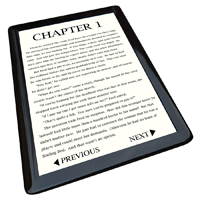
Remember that by “e-book marketing” here we’re referring to using e-books to market other things (not marketing e-books themselves). With that in mind, here are three things that might make your e-book marketing more effective.
- Keep e-books free or low cost. — While you should price appropriately for your market if you release e-books as a primary product or income stream, using them as marketing tools is different. They can be most effective as freebies — the free information becomes the incentive for the target readers to do something else (like sign up or purchase another product or service). If you insist on charging for them, keep marketing tool e-books much cheaper than your typical e-books or other information products.
- Offer actionable information. — Don’t make people feel like they got nothing out of reading your e-book. The fact that it’s a marketing tool in your perspective does not mean it should have no value to the reader. Using the press release writing e-book I mentioned before as an example, rather than simply use the e-book to explain what releases are I taught readers how to write their own. First, that meant people intimidated by the process or unable to make the time for it were more likely to hire someone like me. And for the rest who tried it on their own first, quite a few still became clients for their next release because they gained a greater appreciation of the work that goes into them and they wanted a professional’s touch the next time around. Don’t be afraid to teach others to do things you can do. Hoarding knowledge doesn’t help in this case.
- Keep the content relevant. — For example, don’t write an e-book on making money online just because you think people want to know how to do that. Each individual e-book has to not only answer a question or solve a problem for the reader, but they should each be relevant to your end marketing goal. For example, if you were selling a home pedicure package you might release a free e-book on giving yourself a home pedicure. You could entice people to sign up for your mailing list for future promotions to get that e-book, and increase the odds even more by including a coupon code for the product in the e-book itself.
Are you using e-books as effective marketing tools? What have you used them to promote? How well did it work out? If you have stories or marketing tips to share that involve e-books, please comment below to tell us about it.







